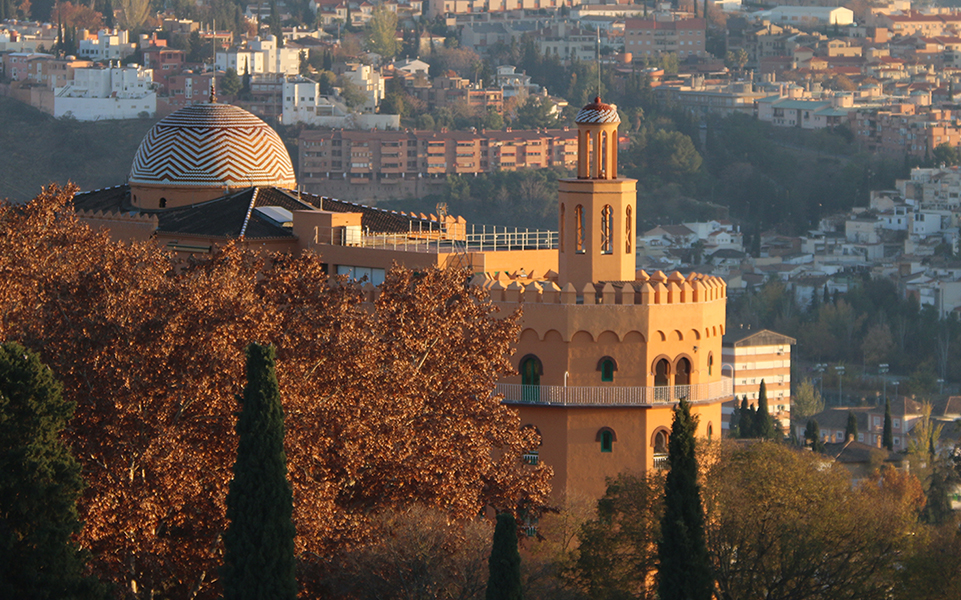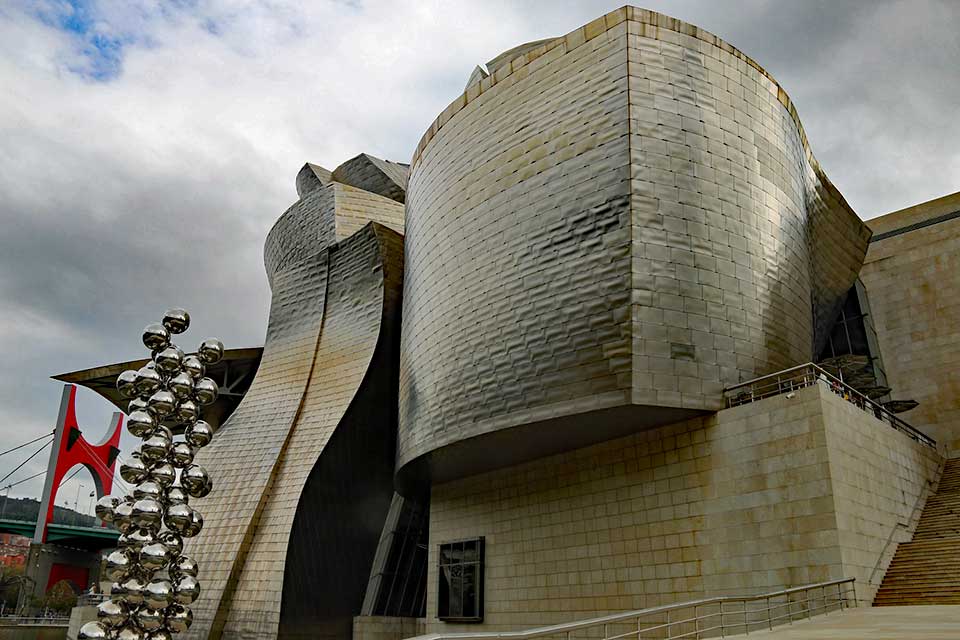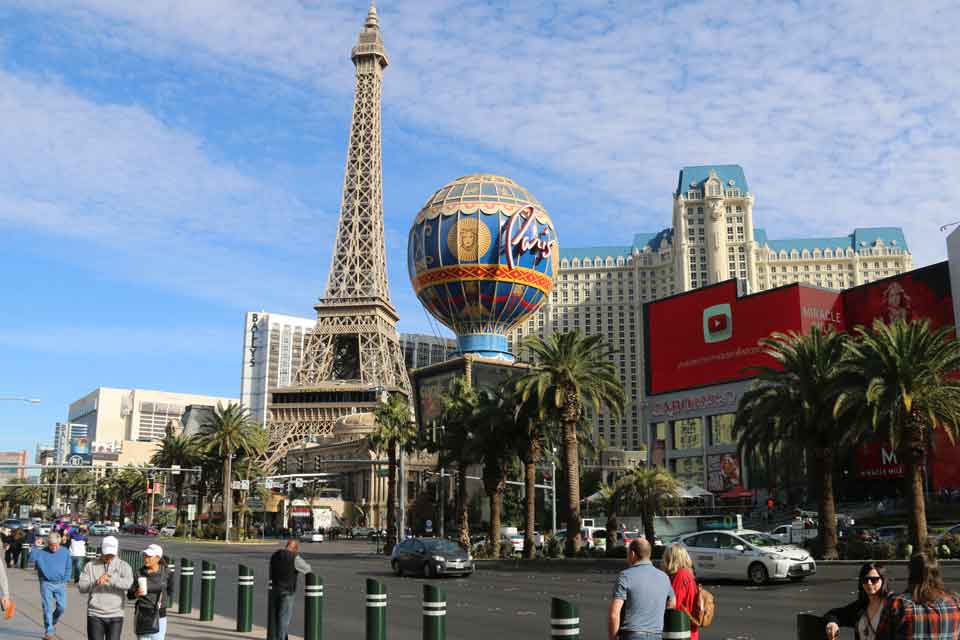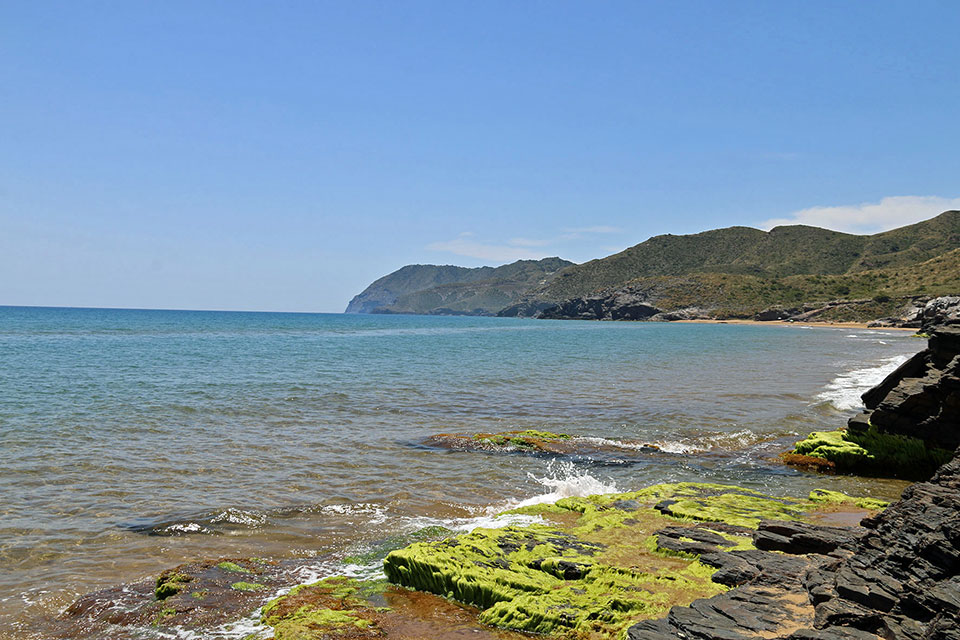Granada : the ultimate jewel in Spain’s crown
An historic, opulent gem in Andalucia’s crown, Granada embodies the energy and passion of Spain, elevating the buzz of a city break to new levels.
While exploring the city’s architectural and cultural treasures without visiting the Alhambra would be like visiting Rome and giving the Colosseum a wide berth, Granada’s magic extends far beyond the palace walls.
Moorish Magnificence
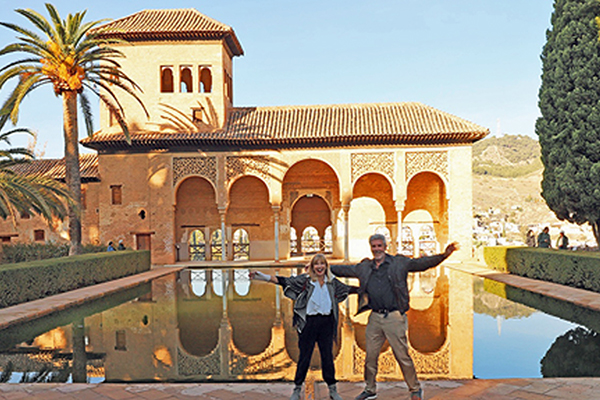 Tribute to the Islamic Golden Age: The Alhambra.
Tribute to the Islamic Golden Age: The Alhambra.
An architectural masterpiece, the Alhambra’s rich history spans eight centuries since being Granada’s official royal residence and court in the mid-13th century when the Moors built the Nasrid Kingdom and established their rule in Granada.
Known as the red fortress or red castle because of the red tones of the walls, the Alhambra’s complex of palaces and fortresses dominate their majestic surroundings at the foot of the Sierra Nevada mountain range.
The world-famous Nasrid Palaces, which reflect the glory of the Islamic Golden Age, had been on our ‘must visit’ list for many years, so anticipation and expectations were high.
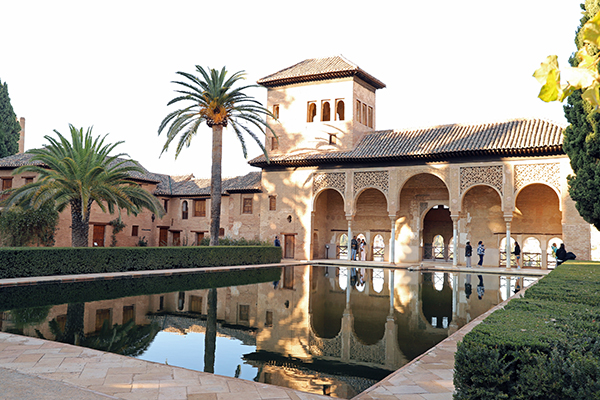 Regal beauty: ‘wow’ factor round every corner.
Regal beauty: ‘wow’ factor round every corner.
A home like no other to Spanish nobility and foreign dignitaries over the centuries, during its peak the population swelled to 2,000 people.
Declared a national monument in 1870 and a UNESCO World Heritage site in 1984, the Alhambra has also been rightly recognised as one of the seven wonders of the world.
White Marble Masterpiece
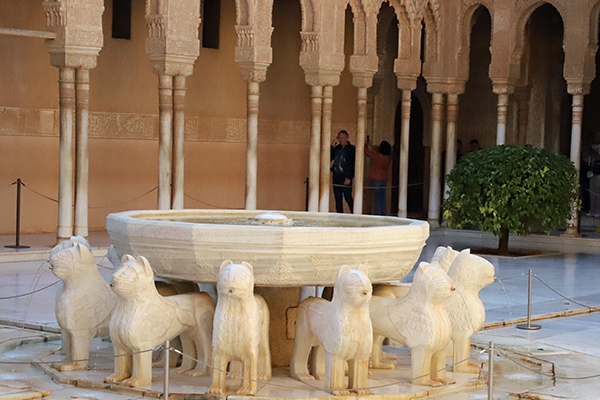 Symbolising strength and sovereignty : twelve marble lions
Symbolising strength and sovereignty : twelve marble lions
Water plays a significant role in the palaces which display a series of fabulous fountains, the most striking being the ingenious Court of the Lions.
Dating back to the 14th Century, it is supported by 12 intricately carved marble lions which symbolize strength and sovereignty and are sumptuously carved in white marble.
Believed to have been constructed as a water clock, this feature is among the wide-ranging examples of the sophistication, elegance and ingenuity of Medieval engineering.
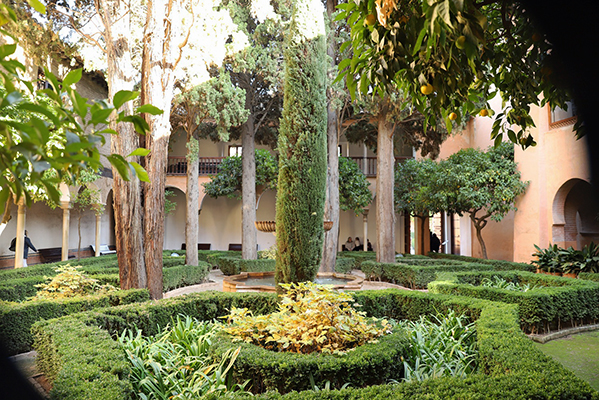 Lush gardens and greenery further enhance the experience.
Lush gardens and greenery further enhance the experience.
When touring the Alhambra, book your tickets well in advance. With so much to take in, I’d recommend setting aside 4-5 hours for the palaces and the famed Generalife Gardens.
Serving up a profusion of colour through the seasons, their abundance of flowers, orange trees and water streams are an oasis of tranquility after a three-mile walk around the palaces in varying degrees of heat.
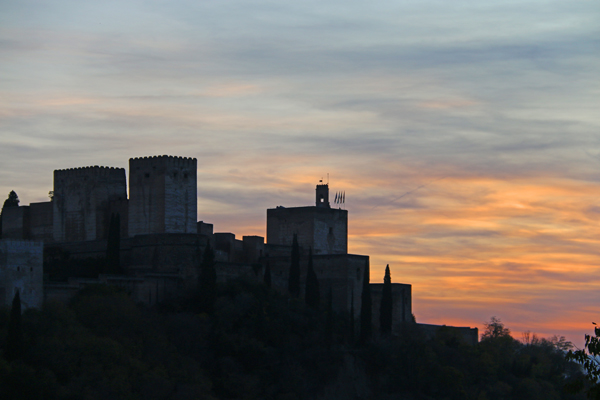 Spectacular sunset over the Alhambra.
Spectacular sunset over the Alhambra.
If time is on your side, savour a sunset over the Alhambra with a chilled verdejo from a bar at Sacromonte, Granada’s whitewashed, vibrant Gypsy quarter close to the Alhambra.
Flamenco: Fire and Passion
 Passion and fire: Flamenco at its best.
Passion and fire: Flamenco at its best.
When in Granada, being swept up in the emotion of flamenco, an art form symbolising Spain, which originated in Andalucia, is compulsory. In 2010 flamenco was designated World Intangible Cultural Heritage by UNESCO in recognition of its global importance.
Dramatic and intense, flamenco exudes extreme emotions – swinging like a pendulum from the heights of happiness to the depths of desolation and jealousy.
Blown away, I was exhausted and exhilarated by the performance at Casa Ana in the heart of Grenada which boasts the region’s most talented performers.
We paid 25 euros - worth every cent - for the first raised tier in the intimate theatre setting. The dancers allow visitors to take photos and videos for the final numbers and advance booking is required.
Renaissance Triumph
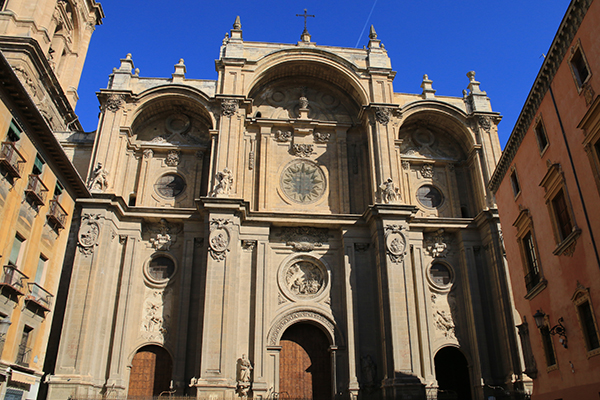 The Metropolitan Cathedral-Basilica of the Incarnation.
The Metropolitan Cathedral-Basilica of the Incarnation.
The Cathedral of Granada, widely hailed as a masterpiece of the Spanish Renaissance, proudly stands in the heart of the city.
Taking over 180 years in the making, it was constructed on top of the city’s main mosque in 1492 when the Catholic Monarchs, Ferdinand II of Aragon and Isabella I of Castile, reconquered the Nasrid Kingdom of Granada from its Arab rulers.
With a stunning baroque portico and housing sizable artworks from masters including El Greco, it offers a fascinating insight into Grenada’s eclectic past. Next door is the Royal Chapel, where Isabella and Ferdinand are buried and where a significant collection of works of art can also be admired.
If visiting, avoid Sunday mornings and public holidays between 9am and 10.45am when public mass takes place and visitors are not allowed inside.
When it comes to wining and dining to refuel in between the sightseeing, you will be spoilt for choice. A most welcome and delightful tradition in Granada is receiving a free tasty ‘tapa’ such as calamares or squid with every drink you order. Being ‘gratis’ the ‘tapa’ somehow always tastes infinitely better!
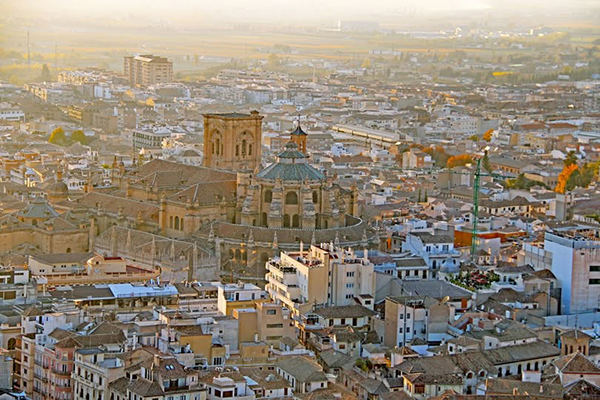 Granada panorama : a sensory feast.
Granada panorama : a sensory feast.
The enchantment and beauty of Granada is intoxicating and all-consuming – we took away memories to last many lifetimes.
As acclaimed French painter Henri Matisse eloquently expressed: “Granada is so moving that it stimulates and melts all of the senses.”
